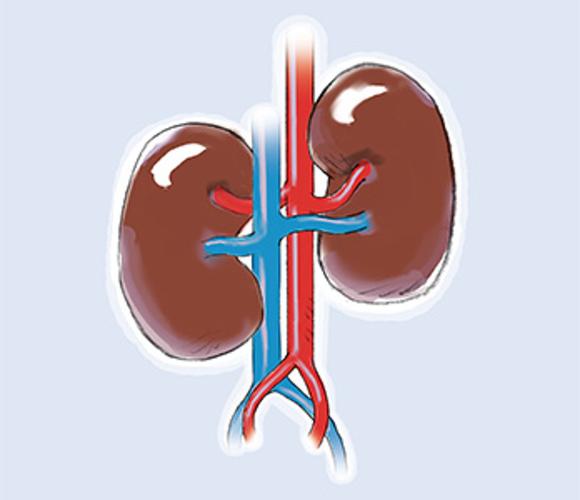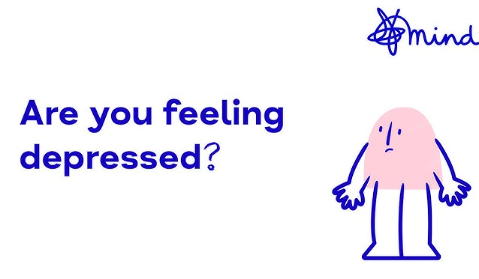Feeling tired and unmotivated at work? And can’t get rid of sadness? Your habits might show hidden depression. Check below to learn more.
Procrastination: The Delayed Start Syndrome
Constantly putting off tasks can be a sign of underlying depression. When you’re feeling down, it can be hard to find the motivation to start or complete work. Procrastination becomes a way to avoid facing the stress and overwhelm that come with work. For example, you might find yourself scrolling through social media or doing unimportant tasks instead of tackling that important project. This behavior can lead to a cycle of guilt and self-criticism, further exacerbating the depressive feelings.
Perfectionism: The Unreachable Standard
Striving for perfection at work can be a mask for depression. People with depression may feel that they have to be perfect in order to be worthy. This can lead to excessive attention to detail, spending too much time on one task, and being overly critical of oneself. However, this pursuit of perfection is often unattainable and can lead to frustration and burnout. For instance, a writer might spend hours on a single paragraph, constantly editing and reworking it, never feeling satisfied with the result.
Isolation: The Lone Worker Dilemma
Withdrawing from colleagues and working in isolation can be a sign of depression. When you’re depressed, you may not feel like socializing or collaborating with others. You might avoid team meetings, skip lunch with coworkers, or stay in your office all day. This isolation can make you feel even more alone and disconnected, worsening the depressive symptoms. For example, an employee might start coming in early or staying late to avoid interacting with others.
Lack of Initiative: The Passive Approach
A lack of initiative at work can be a sign of depression. When you’re depressed, it can be hard to take the first step or come up with new ideas. You might find yourself waiting for others to tell you what to do or relying on others to make decisions. This passivity can lead to missed opportunities and a lack of growth in your career. For instance, you might not volunteer for new projects or take on additional responsibilities.
Excessive Work: The Burnout Trap
Working long hours and taking on too much work can be a way to distract from depression. When you’re feeling down, you might throw yourself into work as a way to avoid dealing with your emotions. However, this can lead to burnout and exhaustion. You might find yourself constantly tired, stressed, and unable to enjoy your free time. For example, a manager might take on extra projects even when they’re already overloaded, thinking that more work will make them feel better.
Recognizing these work habits as potential signs of depression is the first step towards getting help. If you notice these patterns in yourself or someone else, it’s important to reach out for support. Depression is a treatable condition, and with the right help, you can overcome it and regain a healthy work-life balance.
Read more>>




